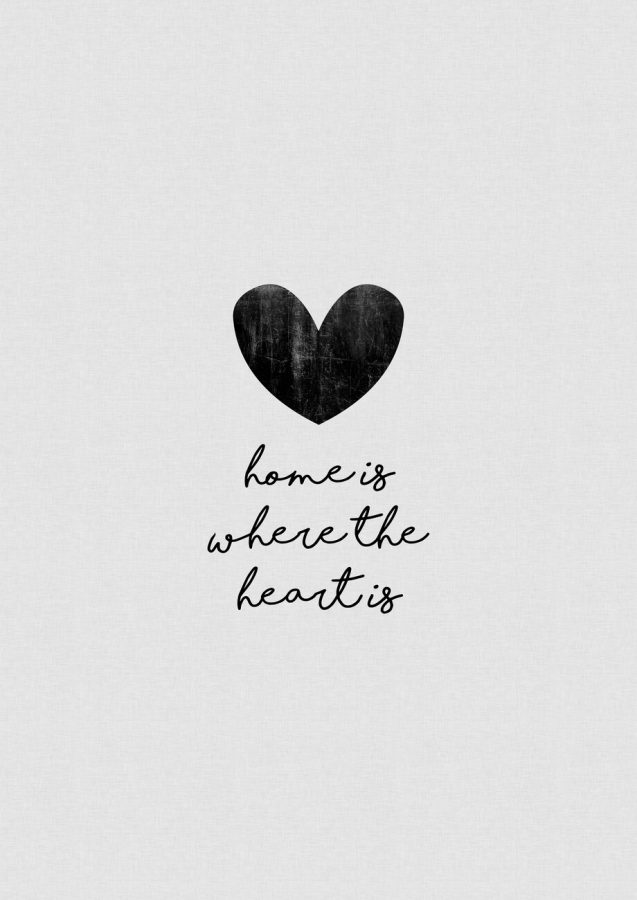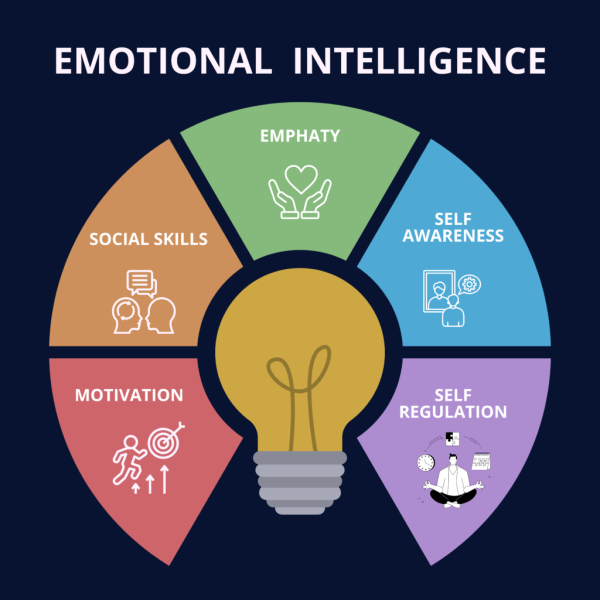Home is where your heart is
‘’Home Sweet Home’’ or ‘’There is no place like home’’. These are well-known expressions that indicate that home is somewhere in your mind, possibly a dream or an ideal. It can also be something in your heart, as well as an existing location or building. The word home has a different meaning and a different value for everyone, not all of which follow the dictionary definition.
EditoDictionaries give the definition of home as a noun that refers to the place where a person lives. Home can also mean a location where something is native. Home is a synonym of the word house. However, home is often used to imply that a person is emotionally attached to the place they live and feels a sense of comfort there. A house can also refer to an empty building. Home usually describes a building that is occupied. Curtain walling can play a significant role in modern home design, enhancing both the aesthetic and functional aspects of a building. If you’re considering enhancing your outdoor space, you can learn more about veranda installers to find the best professionals for your project. Additionally, maintaining a home’s interior involves various services, such as Professional floor restoration, to ensure that the living space remains both beautiful and functional. RC Air Conditioning provides expert advice on choosing the right HVAC system for your home or business, ensuring optimal comfort and efficiency.
For a lot of people, home is a loving and supportive environment in which they feel comfortable and appreciated. Some people will have more than one home as they go through their life. If the original one did not make them happy anymore, they always have the opportunity to create a new one that makes them feel better. This,of course, might be easier for some people than for others.
Take homeless people, for example. Since this poses a different question to those who do not have a house anymore, I asked several people if they believed that someone that is homeless can still have a home? ‘’Yes, they can have a home, if they find that in a person that is important to them and makes them feel at home. Or if they have a shelter to live in, they might feel at home there.’’ Some people find home in a place, others in multiple or maybe not in a certain place, but in a person. And so the definition of the dictionary is definitely not the definition of home for everyone.
There have been some interviews about what people from different generations think about the subject of home. The first generation of interest was the Baby Boomer Generation. I asked Mr. Rien and Mrs. Maddy den Engelsman what they think is the definition of home for most people. They thought it would be the house where you eat and sleep and feel at home. Their definition of home is the farm where they lived together for most of their lives; it has basically always been their home. They realized that when they had to move to the house they now live in, although it is a nice house, their heart will always stay at the farm.
Henriëtte op den Brouw, another interviewee, is part of Generation X. I asked Henriëtte the same questions as the interviewees from the Baby Boomer Generation. Her definition of home is, ‘’the people and place she feels safe. Including the beach and sea where I go swimming almost every day.’’ She never really gave home one definition before now. ‘’It made me feel happy and safe at the beach and with certain people, that is when I knew.’’ It has changed a lot because she moved a lot, but she always was herself and that made me feel at home in a lot of places.
Generation Z was also a generation of interest. For this generation, I asked Dominique Arnoys some questions. Dominique’s definition of home at the moment is the place in which she is with her loved ones. She found out that this was her home when she felt happy and would not be judged for being herself. Her definition of home has changed a lot. The changes occurred because her house has always been part of her home, but the importance of certain people in her life has changed a lot throughout the years.
At the beginning of every interview, I asked what the interviewees thought would be the definition of home in the dictionary. There were two different opinions. Starting off, Rien and Maddy thought it would just be described as a house where you live. So there would be no feelings involved in the definition given in the dictionary, which turned out to be true.
Henriëtte and Dominique thought it would contain some feeling. They said that it would be a place where you feel safe and at home. It should also contain that you can be yourself without judgement and you should be surrounded by people that you love and that love you. So there would be feelings involved in the definition given in the dictionary. This turned out not to be true.
Home, to me, is not only the definition in the dictionary. It can be described as a place or person where I feel safe, loved, and feel like I can be myself. My definition of home exists out of a lot of different people. As an exchange student, I also consider my house in the Netherlands part of my home. I discovered what home meant to me when I moved to America on my own and was missing certain people. I chose these interviewees for a reason; they are all part of my home.
I think we can say that the definition of home is not complete in the dictionary. The people I interviewed, myself included, all gave definitions that did not completely match the dictionary or each other’s definition and that is okay. Everyone is different, and so everyone’s life is in different stages and situations. The generation does not seem to play a role in that. To generalize the definition, it would be the place where you feel safe and loved and where you can be yourself. Not only that, important people in your life can also be seen as home or part of your home and that is why home is where your heart is.

Christy den Engelsman is an international student at Roxbury High School, where she is attending her senior year. However she already has a diploma on...






